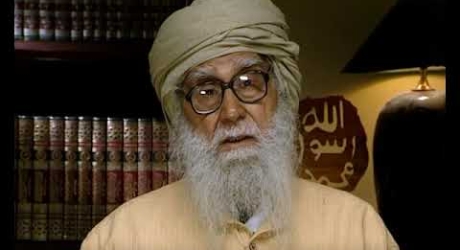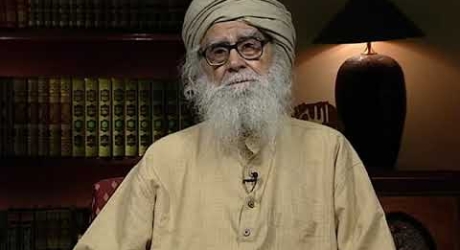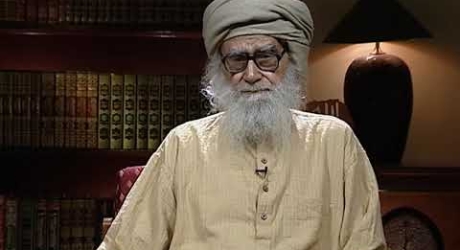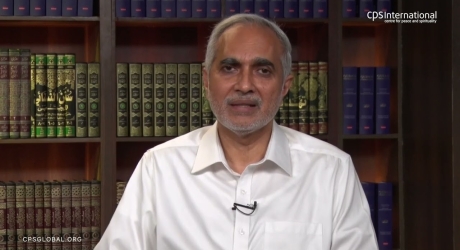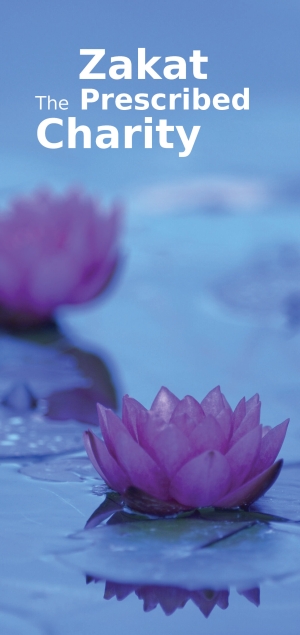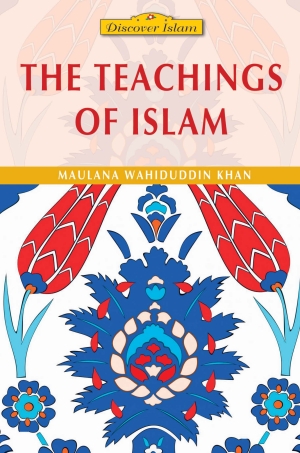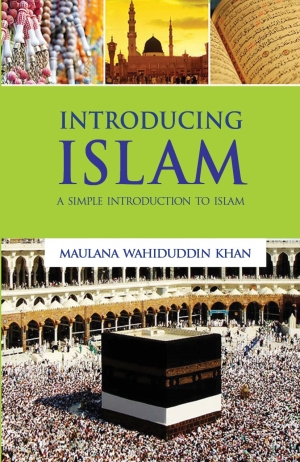The fourth pillar of Islam, Zakat, is the giving of alms out of one’s own private means at a minimum fixed rate of 2.5% per annum. This money is given in the name of God and is to be spent on worthy religious causes and on meeting the needs of the poor and the helpless. Zakat is in the nature of an annual reminder to man that everything he possesses belongs to God, and that nothing should, therefore, he withheld from Him.
The observance of Zakat is a way of acknowledging this fact of life. Islam desires that private wealth should be considered as belonging to God, and that He should have his rightful share in whatever gains are made. Zakat gives a clear indication of what one’s responsibilities to others should be. Everyone is required to recognize the rights of others, just as everyone is expected to sympathize with those afflicted by adversity. This feeling should be so well developed that one has no hesitancy about sharing one’s possessions with others, or coming to their assistance, even when it is clear that nothing can be expected in return. Even where there are no ties of friendship, one should wish others well and guard their honour as if it were one’s own.
In its external form then, Zakat is an annual tax. But in essence, it is the principle on which God and his creatures have a right to a share in one’s property. Giving zakat is to acknowledge God’s blessings by sharing them with others.
Voluntary alms-giving can also compensate for any shortcoming in the past payment of Zakat. Sadaqah is recommended ‘by night and by day, in secret and in public’ in order to seek God’s pleasure (2:274). The constant giving of a little is said to please God more than the occasional giving of much. Sadaqah is also a means of moral edification. It purifies the soul of the evil of avarice, and is a reflection of the generosity of God the All-Giving.
Inspired by the verses of the Quran and the teachings and practices of the Prophet and his Companions, the giving of sadaqah to individuals or institutions remains a widespread practice among Muslims. The Prophet, the most generous of men, used to make personal donations.
There is another principle in Islam known as sadaqa-e-jaria, i.e., the perpetuation of a charitable deed. The benefits of this kind of charity are long-lasting. Such acts, far from incurring God’s displeasure, will bring the donor divine rewards.



